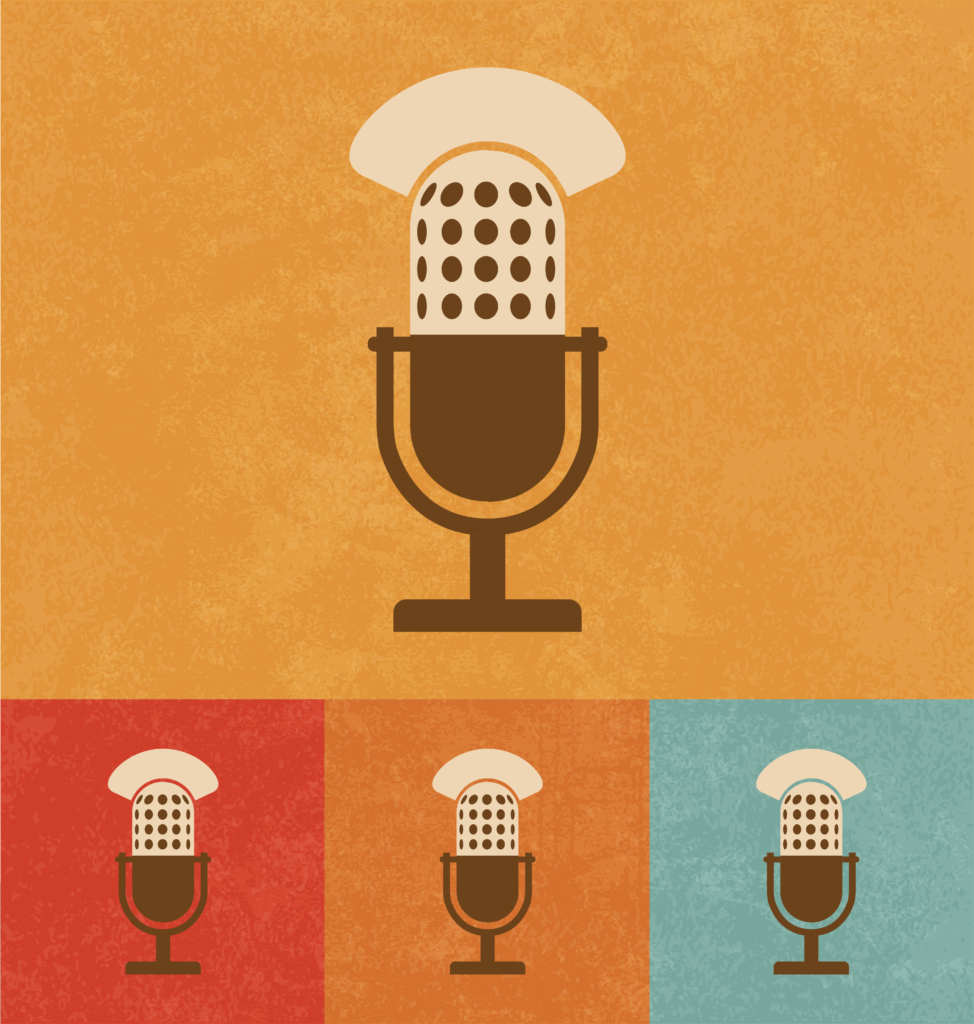VentMonkey
Family Guy
- 5,766
- 5,096
- 113
To the trainers and preceptors out there, does anyone actively enforce this principle? If so, how do you go about teaching it?
It's definitely not a new concept, but I've found more often than not, most newer students, trainees, or employees don't quite seem to grasp how it works, or the importance of the concept. Subsequently I'll see the same people needlessly struggle through a "high stress" call had they adequately prepared.
The podcast that I've attached is a tad outdated. And it makes mention to checklists and the like, which are great, but specifically I'm referring to the pre-shift checkout of items so that you know exactly where things are when needed.
It's a big reason that I don't miss being an everyday trainer; it's very hard to constantly watch someone needless drown had they simply taken in the advice learned from those before them. Essentially, "failing to prepare is preparing to fail". Thoughts?

 medschoolmedic.com
medschoolmedic.com
It's definitely not a new concept, but I've found more often than not, most newer students, trainees, or employees don't quite seem to grasp how it works, or the importance of the concept. Subsequently I'll see the same people needlessly struggle through a "high stress" call had they adequately prepared.
The podcast that I've attached is a tad outdated. And it makes mention to checklists and the like, which are great, but specifically I'm referring to the pre-shift checkout of items so that you know exactly where things are when needed.
It's a big reason that I don't miss being an everyday trainer; it's very hard to constantly watch someone needless drown had they simply taken in the advice learned from those before them. Essentially, "failing to prepare is preparing to fail". Thoughts?
Episode 13- Cognitive Offloading - Medschoolmedic
Sometimes thinking is hard. The answer to all of these is known as cognitive offloading.
 medschoolmedic.com
medschoolmedic.com
